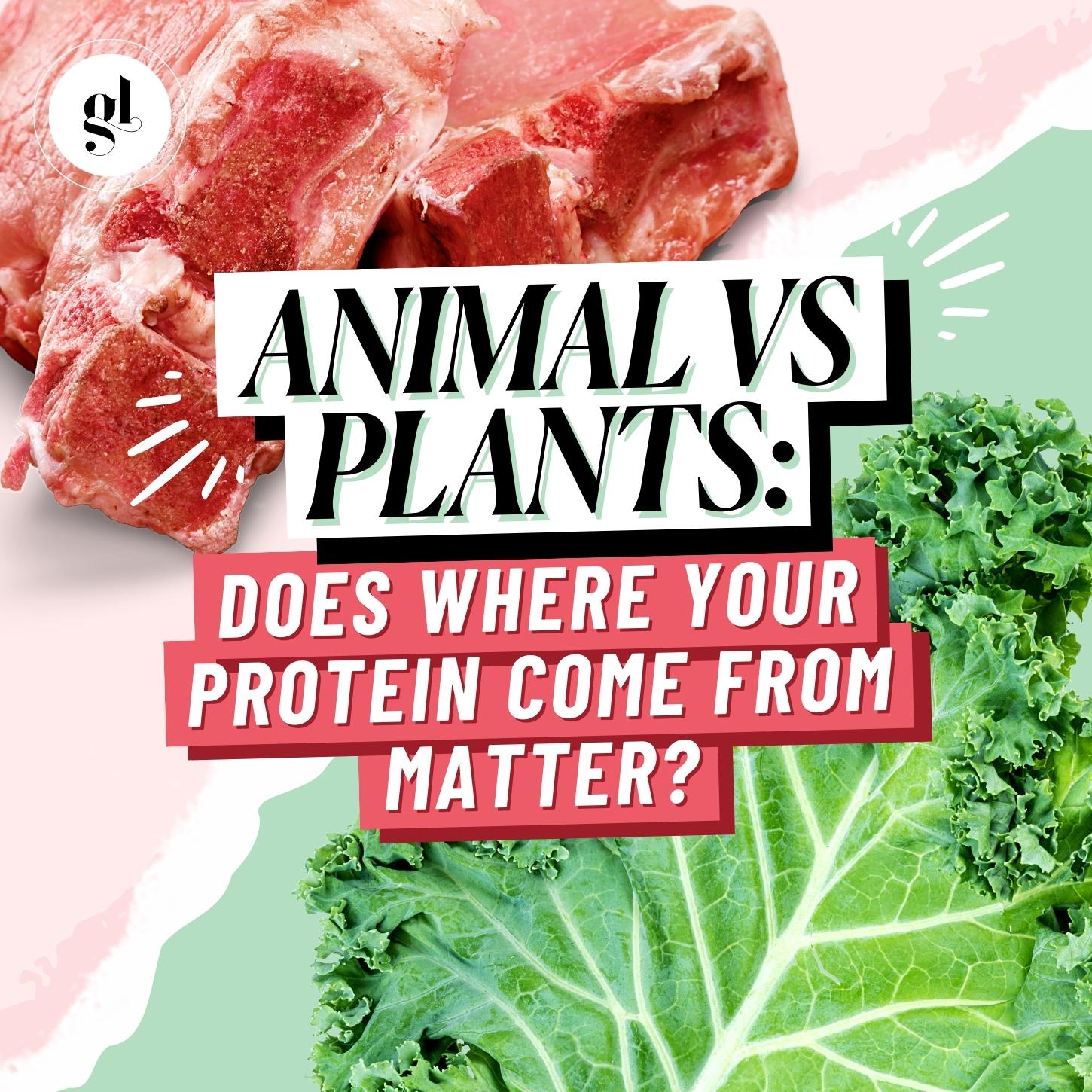You may be one of the many people who associate having a drink with a feeling of relaxation or a perfect accompaniment to a delicious meal. You may have traditions that involve its consumption. You may simply have a drink to help you get to sleep.
However, for others, alcohol consumption is a problem. In fact, an estimated 12% of Americans have been dependent on alcohol at some point in their lives. Slurred speech, poor coordination, nausea, vomiting, lack of judgment, swinging moods, and even blackouts can all follow excessive alcohol consumption. Most people will have experienced one or more of these effects at some point in their lives.
The effects of alcohol are also not just limited to temporary intoxication. Excessive consumption can also have a significant long-term impact on your health.
Table Of Contents:
What is Alcohol?
The history of alcohol consumption is thousands of years old and spans almost every culture ever known. Alcohol is the most widely consumed human psychoactive agent around the world.
To describe it in simple terms, alcohol forms when yeast ferments certain carbohydrates. Humans can also synthetically replicate that process.
There are three main types of alcohol: isopropyl, methyl, and ethyl alcohol. Ethyl alcohol is the only one that can be consumed by humans; the other two are used as fuel or sterilizing agents.
Alcoholic beverages are produced through the fermentation of various fruits or grains. For spirits like whiskey, rum, vodka, and gin, the fermentations are then distilled—a process that separates out and concentrates some components of the original mixture.
The most popular types include:
- Beer: The types of beer differ according to the raw ingredients that are fermented and the type of yeast used to ferment them. Beer is usually 4-9% alcohol.
- Wine: Wine comes from wine grapes. It is typically 9-16% alcohol.
- Champagne: This is a white, sparkling French wine. Champagne ranges from 8-15% alcohol content.
- Distilled Spirits: These drinks come about by distilling grains, fruit, or vegetables that have undergone fermentation. Examples include whiskey, rum, gin, and vodka. Distilled spirits range between 40-95% alcohol content.
- Hard Cider: Made from the fermented juice of apples, pears, or other fruit, hard cider ranges from 1.2% to 12% alcohol.
Metabolism of Alcohol
Every time we ingest anything, our body has to process and metabolize it. When it comes to alcohol, there is even more effort involved.
Once alcohol is ingested and swallowed, it travels to the stomach. And, as alcohol is a small water-soluble molecule that can cross cell membranes, 20% is absorbed in the stomach and enters the bloodstream. The remaining 80% passes into the upper small intestine, where it is rapidly absorbed.
Once it is absorbed, it enters the systemic circulation and is rapidly distributed throughout the body tissues via the blood plasma.
The body eliminates alcohol in three different ways:
- Kidneys: The kidneys eliminate 5% of alcohol in the urine
- Lungs: The lungs exhale 5% of alcohol, which can be detected by breathalyzer devices
- Liver: The liver deals with the remaining alcohol
In the liver, alcohol is broken down through a series of pathways, and is converted into carbon dioxide and water.
4 Factors Influencing Alcohol Metabolism
There are four main factors influencing the metabolism of alcohol:
1. Food
Food in the stomach will dilute the alcohol and slow the emptying of the stomach into the small intestine, where alcohol is rapidly absorbed. Peak blood alcohol concentration (BAC) could be as much as three times higher if you drink alcohol on an empty stomach.
2. Ethnicity
There are studies that show some people of Asian descent have more difficulty metabolizing alcohol.
3. Gender
Women typically reach higher blood alcohol levels than men who have consumed an equivalent amount of alcohol due to smaller body mass and metabolic rate. Women also produce less dehydrogenase than men.
In the long-term, the risk of alcohol-related disease increases more quickly for women. Premenstrual hormonal changes and birth control pills can also slow down the rate at which alcohol is eliminated from the body.
4. Genetics
Various polymorphisms have been identified that may be important risk factors for carcinogenicity of certain toxins including alcohol. 
Alcohol’s Impact On Our Health
Increased alcohol consumption can cause a lack of proper nutrition due to loss of appetite and increased consumption of empty calories. Funds spent on alcohol may mean there are less funds to spend on nutritious food.
Chronic alcohol intake can also cause damage to many organs and tissues, thereby interfering with the body’s ability to absorb and metabolize nutrients. For example, damage caused by alcohol to the oral cavity can make it difficult and painful for a person to chew and swallow. Chronic use can cause gastric bleeding and injury to the gastric mucosa leading to defects in vitamin and mineral digestion.
Decreased gastric secretions result in lower pH, and various vitamins and minerals, such as B12, zinc, calcium, iron, magnesium, and chromium need a high pH to begin the digestive process. Injury to the pancreas can interfere with digestion of fats and proteins, and liver damage decreases vitamin storage and increases losses by excretion.
Not only does alcohol deplete vital nutrients, but it can also cause some real problems to organs and tissues, including:
The Brain
The first amounts of ingested alcohol will reach the brain after half a minute. Once there, alcohol acts primarily on nerve cells deep in the brain. It inhibits certain neurotransmitters, as well as impairs judgment and coordination.
It can alter your mood and behavior and increases your risk for anxiety and depression. If alcohol is misused over a number of years, it can even lead to brain and nervous system damage.
The Liver
Regular and excessive alcohol consumption can burden the liver’s detoxification pathways and cause inflammation that may damage liver cells, reduce liver function, and cause fatty liver or liver disease. Alcohol can also inflame the pancreas, which affects digestion and increases the risk of developing diabetes and pancreatic cancer.
The Gut
Excessive alcohol consumption can cause the stomach to produce more acid than usual, slow digestion, harm the microbiome, and damage the lining of the stomach leading to leaky gut.
A healthy gut lining acts as a barrier, keeping toxins and other potentially harmful substances within the gut, and out of the bloodstream. If the gut lining is leaky, these substances can cross the gut barrier and increase the risk of various chronic diseases such as irritable bowel syndrome, allergies, arthritis, and obesity.
Alcohol intake may also lead to symptoms of nausea, vomiting, and diarrhea. Alcohol in combination with certain medications such as aspirin, can cause gastritis, ulcers, and severe bleeding.
The Heart
There is some evidence that alcohol has benefits for the heart, particularly red wine, due to its polyphenolic and antioxidant compounds. Red wine contains resveratrol and proanthocyanidins, which can fight inflammation and protect your cells from damage. However, the amount of resveratrol found in red wine is actually quite low, and to reach the amount of resveratrol needed, you would have to consume several bottles per day, which is definitely not recommended.
Besides, the evidence that alcohol can harm the heart outweighs any potential benefits. Alcohol can disrupt the electrical signals sent to and from the heart, which can affect the heartbeat. This can increase the risk of developing high blood pressure, ischemia (restricted supply of blood to the heart), heart disease and stroke.
Immune System And Cancer
Alcohol consumption also reduces immune health. It is especially linked to increased susceptibility to respiratory conditions such as pneumonia. Alcohol has also been found to increase the risk of acute respiratory distress syndrome (ARDs) and sepsis. It increases your recovery time from infection and injuries. The more you drink and the more regularly, the larger effect it has on your immune function.
Alcohol consumption has been shown to increase the risk of different types of cancer, including cancers of the esophagus, pancreas, gallbladder, stomach, bowel, endometrium, ovary, kidney, breast, and prostate.
The Epigenetic Effects Of Alcohol
Research shows that exposure to alcohol has serious consequences for the developing fetus, leading to a range of conditions known collectively as fetal alcohol spectrum disorders (FASD).
A mother’s consumption of alcohol affects the development of the brain, leading to cognitive and behavioral deficits. FASD is associated with a wide range of health symptoms, including craniofacial, growth, neurological, and neuro-behavioral abnormalities. Other psychosocial problems include learning difficulties, attention deficit hyperactivity disorder (ADHD), and mental retardation.
High alcohol intake, prior to even conception, can lead to children with high blood sugar and other changes in glucose function that increases the risk of developing diabetes as adults.
Various studies also demonstrate how chronic alcohol dependence can modify the chemical makeup surrounding particular genes that protect against addiction. 
Environmental Effects of Alcohol
The impact of alcohol doesn’t just stop there. Not only does it affect your health, but it also has a significant carbon footprint.
Alcohol transportation and production contribute to air pollution and global warming. The packaging used for alcoholic beverages also contributes to environmental pollution. For example, in a study undertaken with Carlsberg, they found that packaging accounts for 40% of an average beer’s total carbon footprint.
Land use and the subsequent damage to biodiversity is another major impact, as alcohol comes from grains and plants. Most alcohol is made from corn, wheat, barley, rice, rye, potatoes, and grapes, and many of these are genetically modified and contaminated with pesticides. In fact, in 2016, beer testing in Germany revealed residues of the carcinogenic pesticide glyphosate in every single sample tested.
The Verdict on Alcohol (And How to Safely Reduce Your Consumption)
Many people now consume red wine and beer for their alleged health benefits, which have been widely and loudly hailed by the marketing arms of the alcoholic beverage industry.
However, the jury is unanimous. The health risks of alcohol consumption, the prevalence of addiction, and the environmental and social burden on society far outweigh any potential benefits.
If you do choose to consume alcohol, the healthiest option is organic red wine. It is best consumed in moderation (less than one drink per day).
Here are some tips to help you reduce your alcohol intake if this is something you struggle with:
- On any given occasion, aim to stop at two drinks and definitely avoid exceeding four drinks
- Drink slowly and avoid “rounds” to ensure you drink at your own pace. Enjoy a glass of water or a non-alcoholic drink between drinks.
- Never drink on an empty stomach. Always carry a snack with you when you go for drinks. Avoid salty snacks, however, as these increase your thirst and may prompt you to drink more.
- Don’t let others top up your drinks, as this makes it difficult to keep track of how much you’re consuming.
- Volunteer to be the designated driver more often.
- Aim for at least three alcohol-free days each week to give your body a break. You could alternatively have an alcohol-free month by participating in “Dry July” or choosing a different month where you go without.
- Try low-alcohol alternatives such as light beers.
- Replace with kombucha or better yet, water or herbal teas. Note that most kombuchas have about 0.5% alcohol content.
Recipe Spotlight: Rainbow Garden Salad
Excessive alcohol consumption can lead to a leaky gut. So to help your microbiome recover, here’s a dish that your good gut bugs will love.
A garden salad is deliciously versatile. You can include any of your favorite vegetables. For our salad, however, we made it a point to combine ingredients from all colors of the rainbow so that it packs a strong nutrient punch. It’s easy to make—no cooking needed! Enjoy this fresh, healthy, and crunchy dish!















What Do You Think? Comment Below: